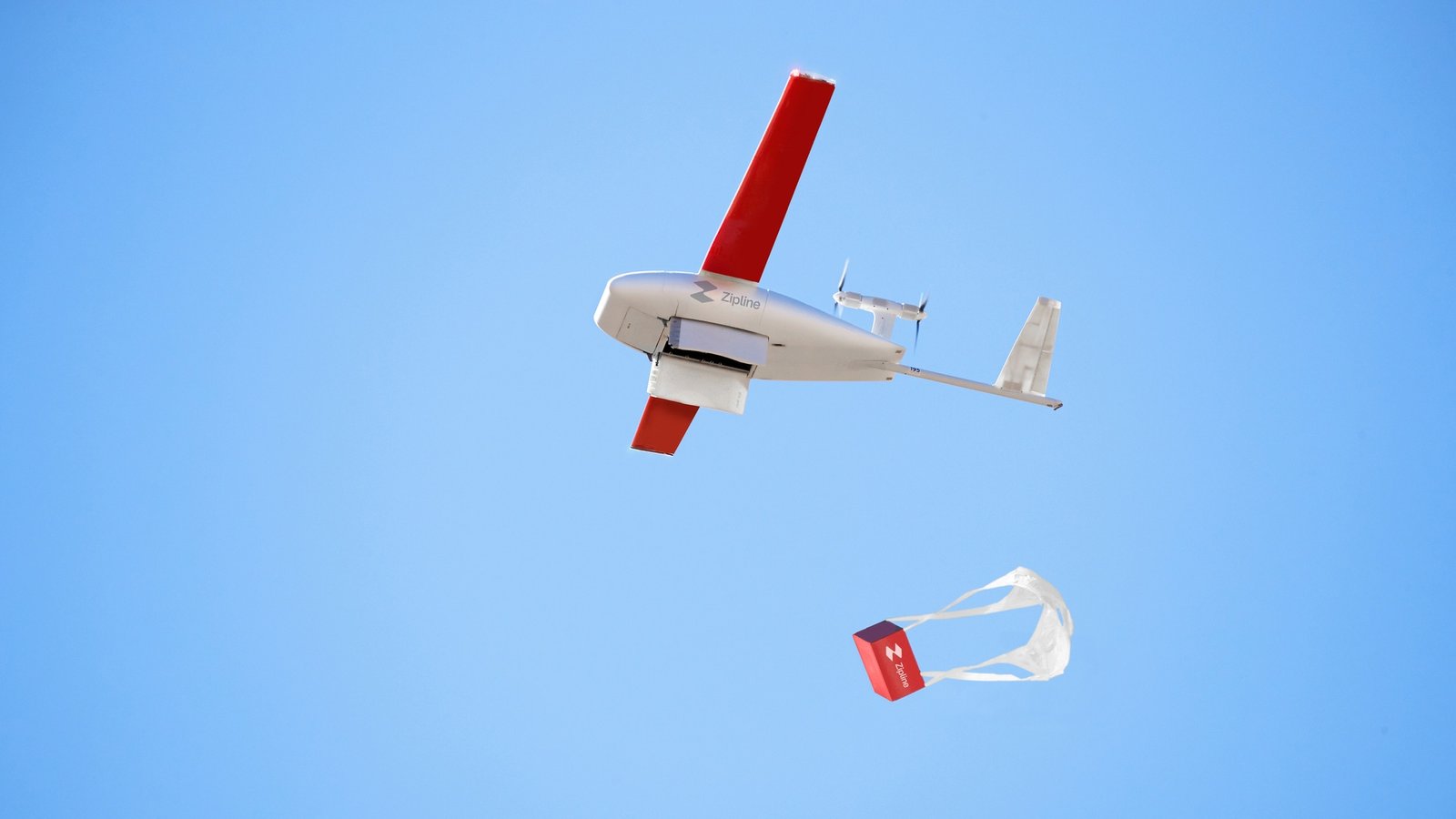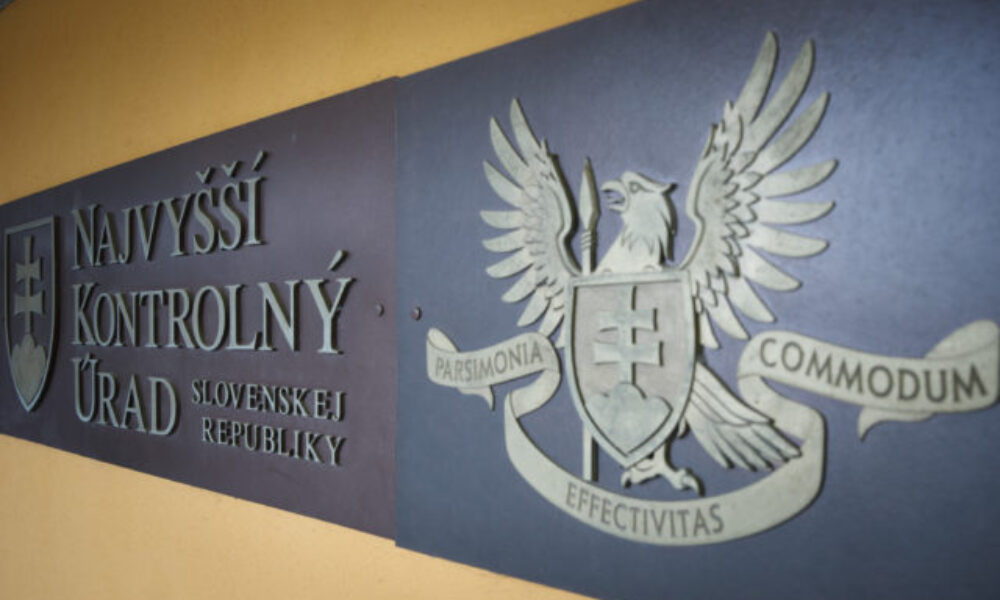
The U.S. State Department announced a new agreement to help provide medical supplies to several African countries via commercial drone delivery. It comes months after the Trump administration cut much of the aid funding to those countries.
Supplies to Africa
As part of the America First Global Health Strategy, the department announced a new plan to expand access to medical supplies, such as blood and medicines, to as many as 15,000 health facilities across Côte d’Ivoire, Ghana, Kenya, Nigeria and Rwanda.

Download the SAN app today to stay up-to-date with Unbiased. Straight Facts™.
Point phone camera here
“This partnership is an example of the innovative, results-driven partnership at the core of the America First foreign assistance agenda,” Jeremy Lewin, under secretary of state for foreign assistance, humanitarian affairs and religious freedom, said in a release. “With modest U.S. capital investment support, these five countries will become responsible for maintaining and continuing to invest in a transformative American-built health commodities supply chain network.”
In some of these countries, medical deliveries that once took two weeks can happen in under 30 minutes.
Zipline partnership
The new plan includes a $150 million partnership with Zipline International Inc., a drone delivery company based in San Francisco. They have been working to help deliver medical supplies to Africa for nearly a decade.
“The deep belief that we have always had at Zipline is that technology makes it possible to solve this problem now, and in fact, there is a moral imperative to do so,” Keller Rinaudo Cliffton, CEO and Co-Founder of Zipline, said in a video posted to X.
Zipline officials said this program would get these medical supplies to 130 million people across Africa.
“This partnership will triple the size of our network, taking us from serving regions to serving entire countries, and not just rural areas, covering cities with our next generation Zips,” Cliffton said.
The government will fund new hubs staffed entirely by local employees, creating skilled local jobs and driving economic growth.
Zipline also said this plan includes $400 million in co-commitments from partner African governments.
“This is a first-of-its-kind endeavor where African countries are equal partners,” Cliffton said.
Rwanda is expected to be the first country to sign an agreement under this model.
“With this partnership, we will now expand to urban delivery, bringing these benefits to even more communities,” Paula Ingabire, Minister of ICT and Innovation for the government of Rwanda, said. “We thank the U.S. Government for supporting Zipline’s expansion and for joining us in building the foundation for Africa’s future in healthcare and innovation.”
Reduction in aid
The money from the U.S. will not be released until governments in African nations have committed to expanding Zipline’s operations in their countries and agreed to certain metrics for success.
“This collaboration makes America more prosperous by creating jobs in America and across Africa, and safer by preventing the spread of infectious diseases,” the department said in their announcement.
Preventing the spread of infectious diseases is something experts called out when the Trump administration began large cuts to foreign aid with an executive order on the president’s first day in office.
In the following weeks, the administration gutted USAID. A study found that the move could lead to 14 million deaths worldwide from infectious diseases by 2030.
The president’s cuts also heavily impacted HIV prevention in Africa. Every nation in the top 20 of HIV rates is in Africa.
That especially impacts South Africa, where the president cut the BRILLIANT HIV vaccine program despite the vaccines showing immune response.
South Africa has the second-highest rate of HIV in the world, with nearly eight million people being HIV positive. That’s more than the other top nine countries combined.










